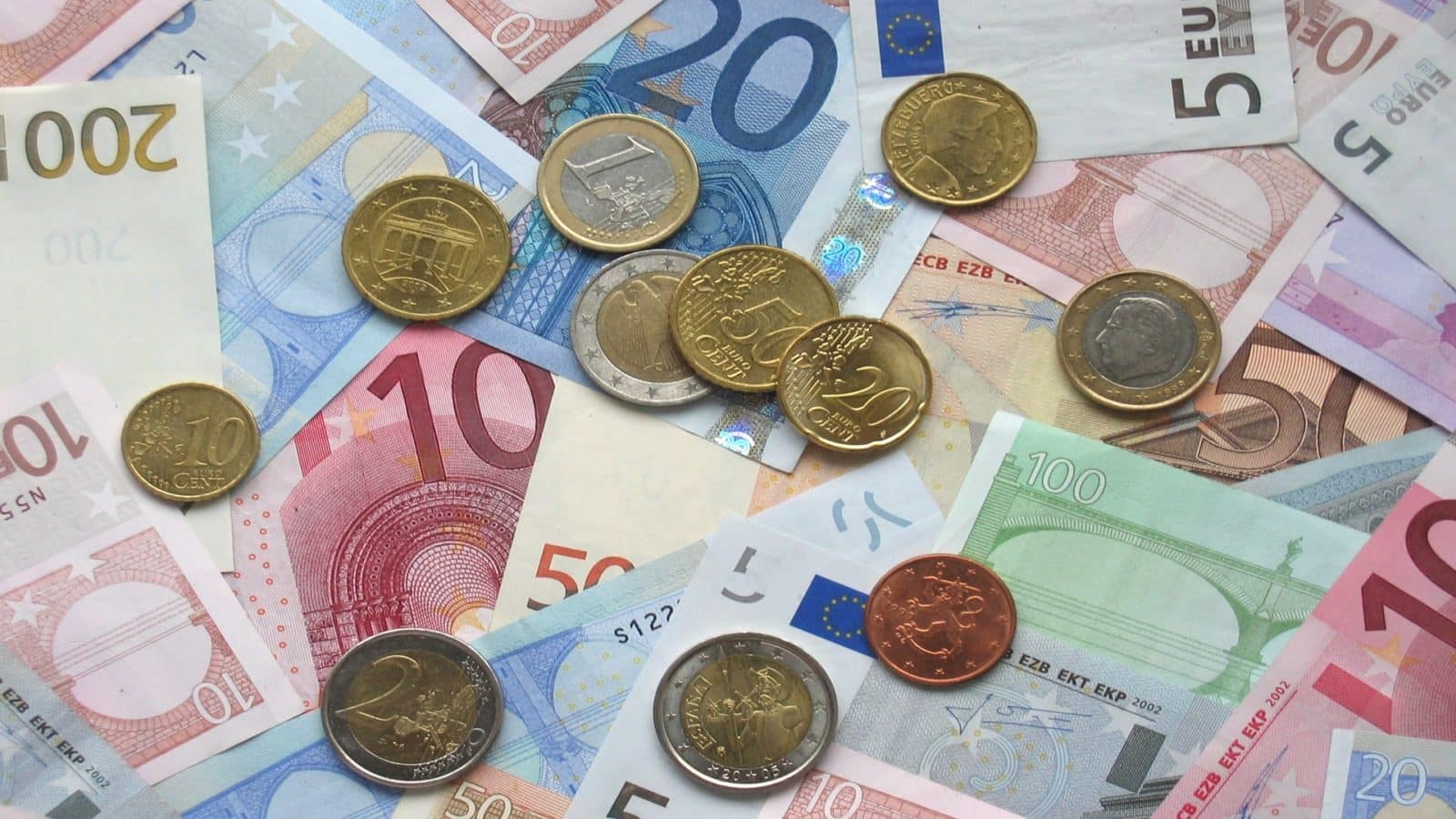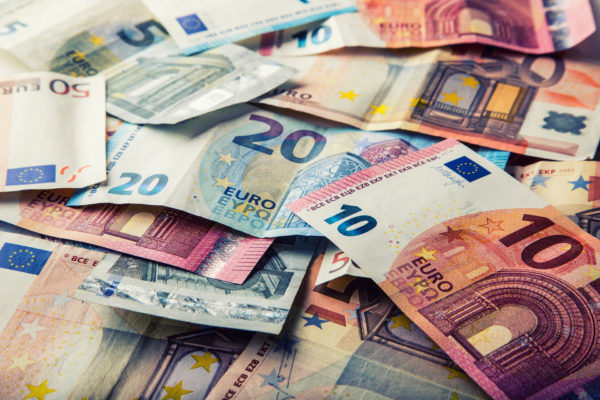Expert Insight, Breaking News, and Insider Stories on Real Estate in Paris

Everything you need to know about capital gains tax on luxury real estate in Paris
The capital gains tax regime for real estate property sales
The capital gains realized when real estate property is transferred for valuable consideration are, in principle, liable to capital gains tax. One critical exception covered below is that primary residences in France are NOT subject to capital gains.
Who is taxable?
Real estate capital gains tax applies to individuals who realize a capital gains on a secondary residence or other residential or investment property that is not a primary residence:
- Directly;
- through companies that are subject to personal income tax (e.g., real estate companies);
- through FCPI or FPI shares (“fonds de placement dans immobilier” or real estate investment funds).
Capital gains realized by professionals in the course of their business are subject to tax regulations related to BIC (“bénéfices industriels ou commerciaux” or industrial/commercial profits) or BNC (“bénéfices non commerciaux” or non-commercial profits).
What operations are taxable?
Only capital gains realized during transfers for valuable consideration are taxable such as:
- Sales;
- exchanges;
- contributions to a company;
- shares or auction proceeds from undivided property, other than those coming from an inheritance, or as an acquisition between spouses or PACS partners before or during the marriage/PACS (or by cohabitants during the period of cohabitation).
Which assets are taxable?
- buildings (developed or undeveloped), rights relating to buildings (usufruct, bare ownership, easements, long leases);
- shares in companies with a preponderance of real estate assets (when they are realized on an occasional basis by individuals or by companies that fall under articles 8 of the CGI to 8 ter of the CGI).
Assets that are part of a person’s professional assets and that generate a capital gain when sold are subject to the professional capital gains regime.
Which transfers are exempt?
There are a number of transfers that are exempt from capital gains tax. These are transfers concerning:
- property constituting the principal residence of the transferor on the day of the transfer, including any immediate and necessary “dependencies” (what the French call other buildings in the same lot, including but not limited to storage facilities, garages, out houses, etc.) transferred simultaneously with the property concerned;
- secondary residences of taxpayers that are acquiring a principal residence: it is possible for a seller to be totally exempt at the time of the first transfer of a secondary residence as long as:
- the seller has not owned their principal residence (directly or through an intermediary) during the four years preceding the sale,
- they reuse the sale price, in whole or in part, within twenty-four months, for the purchase or construction of a dwelling assigned to their principal residence as of its completion or acquisition.
- In the case of partial use of the sale price, the capital gain is exempted up to the difference between the amount used and the sale price.
- real estate (apartments, houses, building land) held for more than 22 years for the amount taxable for income tax only (on the other hand, social security contributions are only exempt after 30 years);
- real estate whose sale price is less than or equal to 15,000€;
- real estate belonging to holders of senior citizen pensions or card, provided that they are not liable for the ”Tax Impot sur la Fortune Immobilière” or Real Estate Fortune Tax and their taxable income is below a certain threshold;
- the sale of the former main residence of seniors now living in a retirement home or of disabled adults placed in a foster home provided that :
- the sale takes place within two years of entering the establishment,
- the property has not been occupied since entering the establishment,
- the persons are not liable for the Property Wealth Tax and their tax income is below a certain threshold;
- buildings for which a declaration of public utility has been pronounced with a view to expropriation, when the condition of reinvestment of the indemnity or the price for the purchase or construction of another building within one year is satisfied;
- the division or auction of undivided property when the undivided property results from a succession, an acquisition by spouses or PACS partners before or during the marriage/PACS, or an acquisition by cohabitants during cohabitation only;
- the right to raise the height of a building, completed no later than December 31, 2020, provided that the purchaser undertakes to build and complete premises intended for residential use within four years of the purchase;
- buildings belonging to certain non-resident taxpayers, with the limit of a single residence and a capital gain of €150,000 (taxation beyond that amount). Several conditions must be met, in particular having been domiciled in France for tax purposes for at least 2 years at any time prior to the sale;
- developed or undeveloped real estate (or rights relating to such real estate), realized between January 1, 2014 and December 31, 2020, to organizations in charge of social housing or any other transferee, provided that the latter undertakes, by a mention in the deed of sale, to build social housing within four years from the date of acquisition (the exemption is proportional to the surface area of the social housing built);
- developed or undeveloped real estate (or rights relating to such real estate), made between January 1, 2014 and December 31, 2020, for the benefit of a local authority, an EPCI (public establishment for inter-communal cooperation), with the aim of its retrocession to an organization in charge of social housing within one year;
- securities of companies with a preponderance of real estate assets, provided that the transferring partner has held them for more than 22 years, or when they occupy one of the company’s buildings as their principal residence;
- buildings exchanged as part of certain regrouping or similar operations.
How are capital gains calculated?
The so-called “gross” capital gain is equal to the difference between the transfer price and the acquisition price.
Transfer price
The actual price as indicated in the deed is the transfer price used. It can be:
- increased by certain charges and indemnities (for example: eviction indemnity paid to the tenant by the buyer on behalf of the seller);
- reduced by certain expenses, defined by decree, that are borne by the seller (for example: commission paid to a real estate agency, release fees, cost of mandatory diagnostics, etc.)
Acquisition price
This is the price paid when the property was first purchased as indicated in the deed, or the value stated in the declaration of inheritance or in the deed of gift, if the property sold was transmitted by inheritance or gift. It may be increased by specific costs and expenses listed here:
- the costs related to the acquisition by free title, including the transfer duties (inheritance or donation duties) which are retained for their real amount, on justification, and must have been effectively borne by the seller;
- expenses relating to the acquisition for valuable consideration, which are deducted either for their actual amount, with justification, or on a flat-rate basis (7.5% of the acquisition price); in the case of the sale of property built by the seller on previously acquired land, the flat-rate of 7.5% is based solely on the acquisition price of the land;
- expenses for construction, reconstruction, enlargement or improvement accrued either under certain conditions for their real amount, or at a flat rate of 15% of the acquisition price, provided that the taxpayer sells the property more than five years after its acquisition and that it has been developed (excluding bare land); in the case of the sale of a property built by the seller on previously acquired land, the flat rate of 15% is calculated on the acquisition price of the land to which is added the cost of the construction work carried out before the completion of the property
- the cost of roads, networks and utilities.
Good to know: For the sale of a property acquired under the tax scheme for buildings that are to be renovated: the acquisition price is composed of the purchase price of the property to which must be added the amount of work done.
The income tax on the capital gain is 19% and the amount of social security contributions is 17.2%.
What are the deductions?
Deductions for length of ownership
No deduction is made for the first five years of ownership. Thereafter, the deduction is progressive according to the length of the holding period.
The deductions are different for income tax and social security tax.
- the amount subject to income tax is eligible for a 6% deduction for each year of ownership from the 6th to the 21st year; then 4% for the 22nd year.
This progression leads to a total exemption after 22 years.
- The amount subject to social security contributions is eligible for a deduction of 1.65% for each year of ownership from the 6th to the 21st year; 1.60% for the 22nd year; then 9% for each year of ownership from the 23rd to the 30th year.
This progression leads to a total exemption after 30 years.
Exceptional deductions on capital gains from the sale of land
Capital gains realized by individuals on the sale of building land or real estate built in high demand areas (zone A and A bis) with a view to the construction of multi-family housing benefit from an exceptional allowance.
The rate of the common law allowance is set at 70%, and it can reach 85% under certain conditions.
This allowance applies upon two conditions being met, that
- the “promesse” or “compromis de vente” (purchase agreement) was signed between January 1, 2018 and December 31, 2020,
- the final deed of sale is completed by December 31 of the second year following the year of signature of the preliminary contract.
Declaration and payment obligations
The income tax relating to the capital gain due is declared and paid :
- at the land registry office when a building or rights relating to a building are sold (the notary withholds the amount of the tax from the sale price);
- at the tax office when selling shares in companies with a preponderance of real estate assets.
WARNING: The amount of the realized capital gain must be reported on the income tax return for the year in which it was realized. For example: for a deed of sale signed in 2017, the amount of the capital gain is reported in the 2017 income tax return filed in 2018.
Special cases
Sale of a property acquired with a division of ownership
- In the event of the sale of the full ownership of a property following the death of the usufructuary, leading to the usufruct being absorbed into the bare ownership (which was received by gift or inheritance): the acquisition price used is the worth of full ownership on the day of the transmission of the bare ownership.
The starting point for the calculation of the holding period is the date of the gift of the bare ownership or the opening of the estate.
- In the case of a sale of the full ownership of a real estate property jointly by the usufructuary and the bare owner (each for his respective rights), the transaction may generate a capital gain for the usufructuary, for the bare owner, or for both. The acquisition price of each right is the one appearing in the deed of acquisition (for valuable consideration or free of charge) of each. The transfer price must be broken down in such a way so as to show the value of the bare ownership and that of the usufruct separately.
The starting point for the calculation of the holding period is the date of acquisition of the right (deed of sale, deed of gift, opening of the estate).
For example: Mr. Dupont buys a house and a few years later he gives the bare ownership to his son. For the usufructuary (Mr. Dupont), the holding period is calculated from the date of the initial purchase of the property and for the bare owner (the son) the date of the donation is taken into account.
Sale of a property held in joint ownership
In the event of the sale of a joint property, each co-owner is personally taxed on any capital gain realized on the fraction of the sale price that corresponds to his or her share in the joint ownership.
The additional tax on real estate capital gains
There is an additional tax on real estate capital gains of more than 50,000€. It concerns all sales made by private individuals, except for sales of building land and tax-exempt sales (property held for more than 30 years and principal residences).
Tax on sales of bare land that has become eligible for development
This tax concerns the first sale of a plot of land by individuals after it has been zoned as a building zone. It is optional (left to the discretion of the municipalities) and is a flat-rate tax (10% of the capital gain realized).
Adapted from original article: https://notairesdugrandparis.fr/fr/imposition-de-la-plus-value-immobiliere/fiscalite-plus-values-immobilieres
Contact Paris Property Group to learn more about buying or selling property in Paris.













